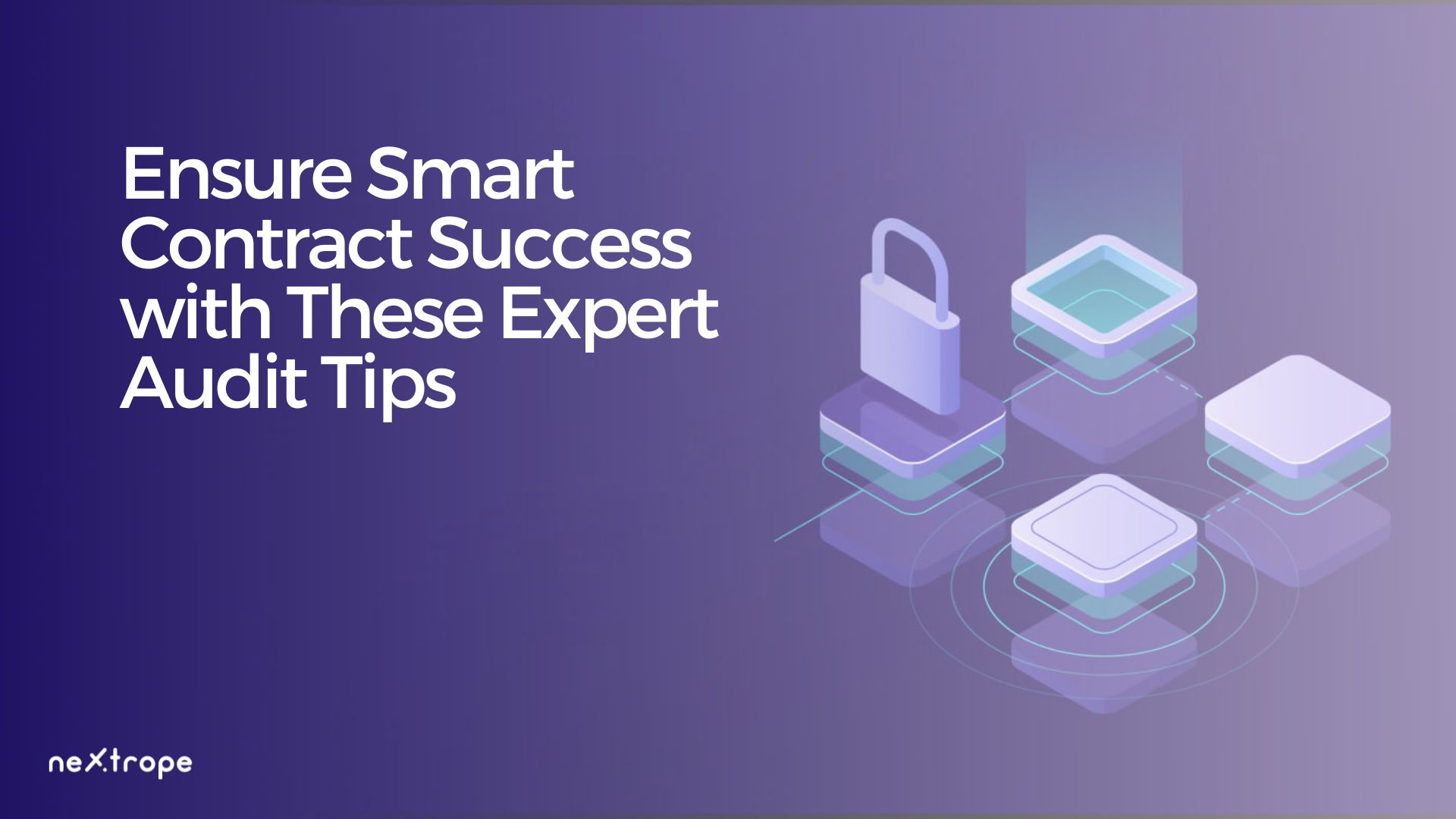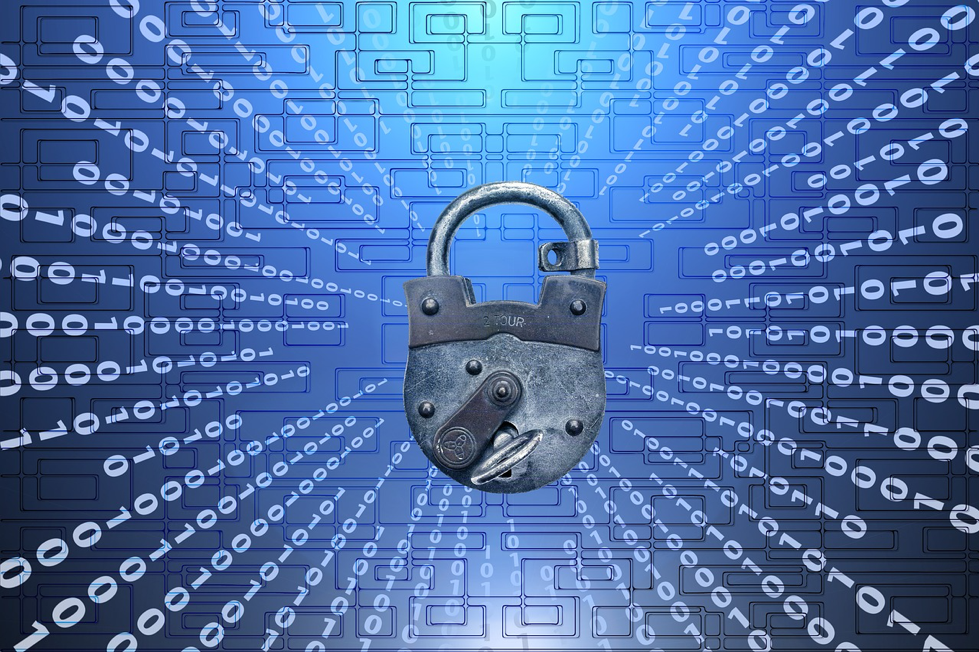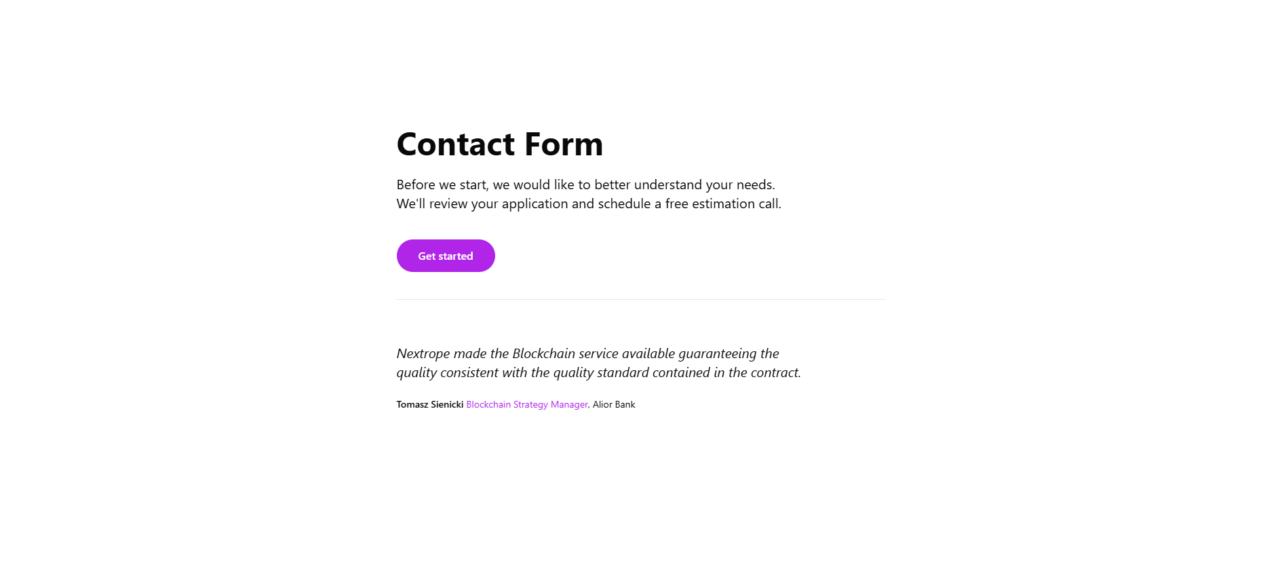Introduction
You've probably heard of "security audits" if you've ever used a smart contract. Because a blockchain-based system is only as safe as its weakest link, it's crucial for smart contract developers to conduct routine security audits to make sure that their systems are not exposed to threats or flaws that could reveal confidential data. It's critical for developers to comprehend potential security concerns with smart contracts and how to address them to give users a satisfying user experience. Security audits are a key step in the process whether you're creating your own blockchain platform or adding smart contracts to an existing one.
Smart contract security audits
With the terms of the agreement written directly into lines of code, a smart contract is a self-executing contract. Blockchain technology, a decentralized system that securely and openly records transactions, frequently uses them. A comprehensive assessment of the security and dependability of a smart contract is called a smart contract security audit.
A smart contract security audit involves experts examining the code for flaws and making sure the contract works as intended. This procedure is crucial because it aids in identifying any potential contract problems, ensuring that the contract will function properly and securely when applied in practical circumstances. Developers and users can trust that the contract is trustworthy and reliable by conducting a smart contract security audit.
Reasons for smart contract audit
Before creating a smart contract, there are a number of factors to take into account. The primary goal is to guarantee your smart contract's functioning, security, and interoperability with other contracts. A smart contract audit has a number of special advantages, including:
- Identifying and fixing any bugs or vulnerabilities in the code
- Ensuring the security of the smart contract and protecting against potential attacks
- Verifying that the smart contract will function as intended and not cause any unintended consequences or malfunctions.
By conducting a thorough security audit, you can have confidence in the integrity and reliability of your smart contract.
There are three main types of smart contract audits: manual, automated, and hybrid.
- A manual audit involves a human expert manually reviewing the code and identifying any potential vulnerabilities or weaknesses. This type of audit can be time-consuming but is often considered the most thorough option.
- An automated audit uses software tools to scan the code for potential issues. While automated audits can be faster than manual audits, they may not catch all potential vulnerabilities.
- A hybrid audit combines both manual and automated approaches, providing a balance between thoroughness and efficiency. By using both human expertise and automated tools, a hybrid audit can provide a comprehensive assessment of the smart contract's security and functionality.
Ultimately, the type of audit you choose will depend on your specific needs and resources.

Steps involved in a smart contract audit
- Code review: The auditor thoroughly examines the code during this stage to find any potential problems or weaknesses.
- Static analysis: The auditor conducts a static analysis of the code using a variety of tools to search for errors and security flaws.
- Dynamic analysis: To assess the smart contract's performance and check that it performs as intended, the auditor runs tests on it.
- Testing: To find any mistakes that might occur during execution, the auditor tests the smart contract using a variety of tools under actual business settings.
These stages will enable the auditor to offer a thorough evaluation of the security, usability, and overall effectiveness of the smart contract
Smart contract audit checklist
To ensure the security and dependability of the contract, it's crucial to take a number of variables into account when conducting a smart contract audit. Here are some crucial factors to bear in mind during the audit process:
- Common errors: The auditor will look for any harmful code or defects that could allow attackers to modify the terms of the smart contract code and obtain money or information.
- Known vulnerabilities: The auditor will look for any flaws in the Ethereum platform that have been publicly disclosed and which could result in security breaches or other problems with the smart contract code.
- Exploits that might be used: The auditor will assess whether there are any feasible methods that a hacker might use the smart contract system to his advantage and possibly steal money.
Importance of auditing a smart contract
Although smart contracts are a ground-breaking technology, they must be properly tested and confirmed before being utilized in the real world because, like any software, they are not flawless. The value of security testing is becoming increasingly clear as the use of smart contracts increases. Working with an expert auditor who is familiar with the nuances of smart contracts and who can see any potential weaknesses or vulnerabilities is crucial for this reason. You can be sure that your smart contract is secure and reliable and eliminate any future risks or problems by completing a thorough audit.
You may find a more in-depth article on this subject that Nextrope has already published here.
Conclusion
In conclusion, security audits of smart contracts are an essential component of blockchain development. They aid programmers in making sure their code is safe, capable of withstanding attacks during periods of high traffic, and scalable enough to meet demand over time. You and your team can find any possible problems and fix them before they have an impact on usability and perhaps turn away clients by routinely inspecting any new applications before release. Security audits of smart contracts are crucial to preserving your platform's dependability and integrity.
 en
en  pl
pl 












